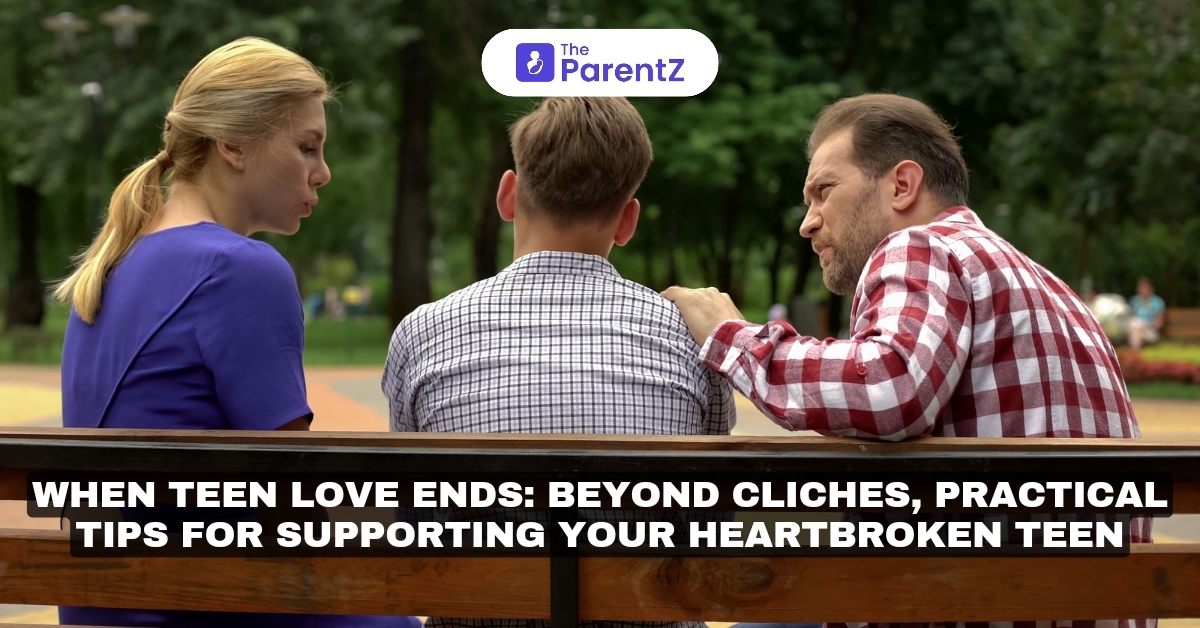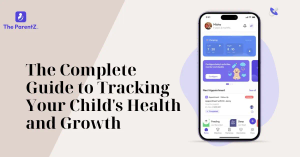First love. It is magical, confusing, and sometimes, heartbreakingly short-lived. As parents, witnessing your teen navigate their first love ending can be a whirlwind of emotions. You might want to fix it, soothe their pain, and maybe even yell at the ex (we've all been there!). Let's take a deep breath and explore some practical ways to support your teen through this difficult time, while also reflecting on how we can approach these situations effectively.
Understanding Your Teen's Perspective
Teenage heartbreak might feel dramatic to us, but it's a real and intense experience for them. Their world just feels a little less bright, and here's why:
- Intense emotions: Teens are still developing their emotional regulation skills. This means a breakup can trigger a tsunami of sadness, anger, confusion, and even feelings of rejection.
- Loss of identity: First relationships often involve a lot of "blending." Your teen might feel lost without their partner-in-crime, unsure of who they are without that relationship.
- Social pressures: Breakups can feel especially painful if they happen in a close-knit friend group. Worrying about gossip or awkward interactions can compound the emotional hurt.
Where We Might Have Gone Wrong (and How to Do Better)
Sometimes, with the best intentions, we might end up making things harder for our heartbroken teens. Here are some common pitfalls and how to navigate them:
- Minimizing their feelings: "It's just a crush, honey." While it might seem trivial to us, their love was very real for them. Acknowledge their pain and validate their feelings.
- Playing detective: Launching into an interrogation about the breakup won't help. Give them space to process their emotions in their own way.
- Taking sides: While it's natural to want to protect your child, refrain from demonizing their ex. Let them know you're there for them, regardless of the situation.
Practical Tips for Supporting Your Heartbroken Teen
Remember, your role is to be a safe harbor and a source of unwavering support. Here's what you can do:
- Open communication: Create a space where your teen feels comfortable talking to you about the breakup. Listen patiently without judgment and offer reassurance.
- Respect their boundaries: Sometimes they'll want to talk, other times they'll need space. Follow their lead and be available when they're ready.
- Healthy distractions: Encourage activities they enjoy, like hobbies, spending time with friends (outside their ex's circle), or even volunteering.
- Self-care for both of you: Take care of yourself so you have the energy to be there for them. Encourage them to practice self-care too - healthy meals, exercise, and getting enough sleep all help with emotional well-being.
- Positive reinforcement: Remind them of their strengths and amazing qualities. This will help rebuild their self-confidence after the breakup.
Remember!
- Healing takes time: Don't expect them to "get over it" overnight. Be patient and understanding.
- Breakups are a learning experience: This helps them learn about communication, boundaries, and what they want in a future relationship.
- You're not alone: Reach out for support from other parents, trusted friends, or a therapist if needed.
Looking Forward
Breakups are tough but also a natural part of growing up. By offering your unwavering support and guidance, you can help your teen navigate this challenging time and come out stronger on the other side. Remember, their first love might not last, but your love for them will always be there.






Be the first one to comment on this story.